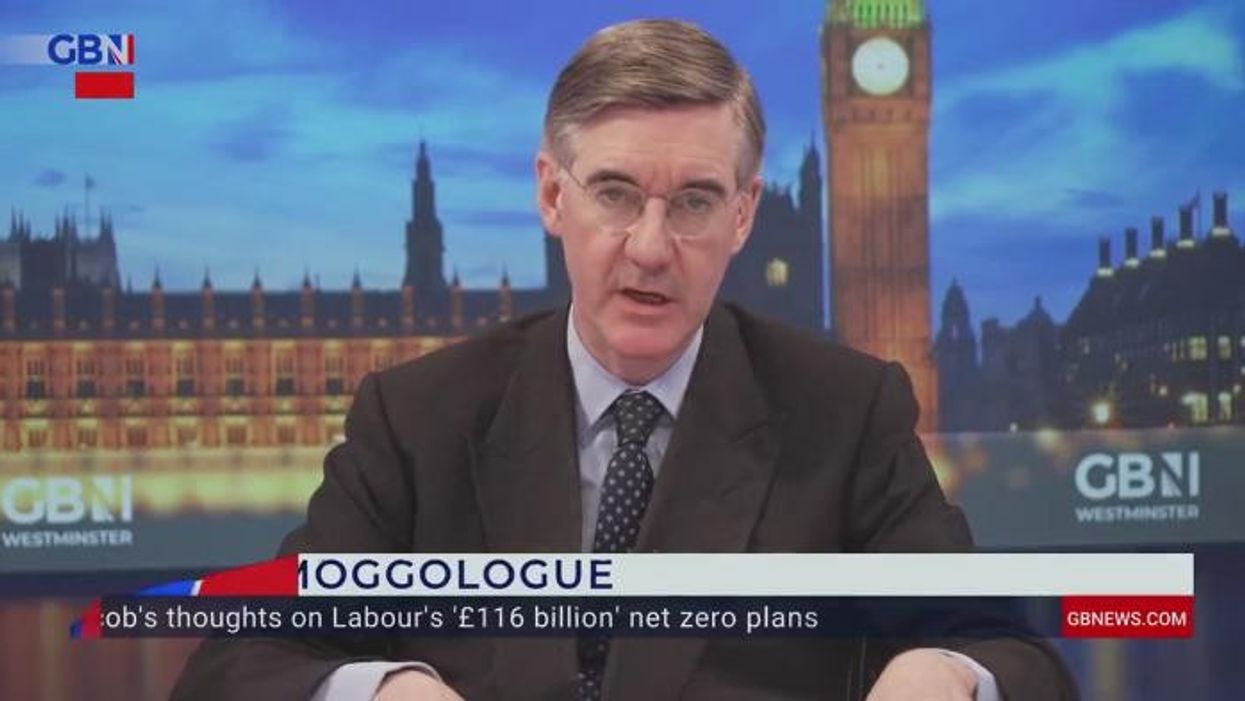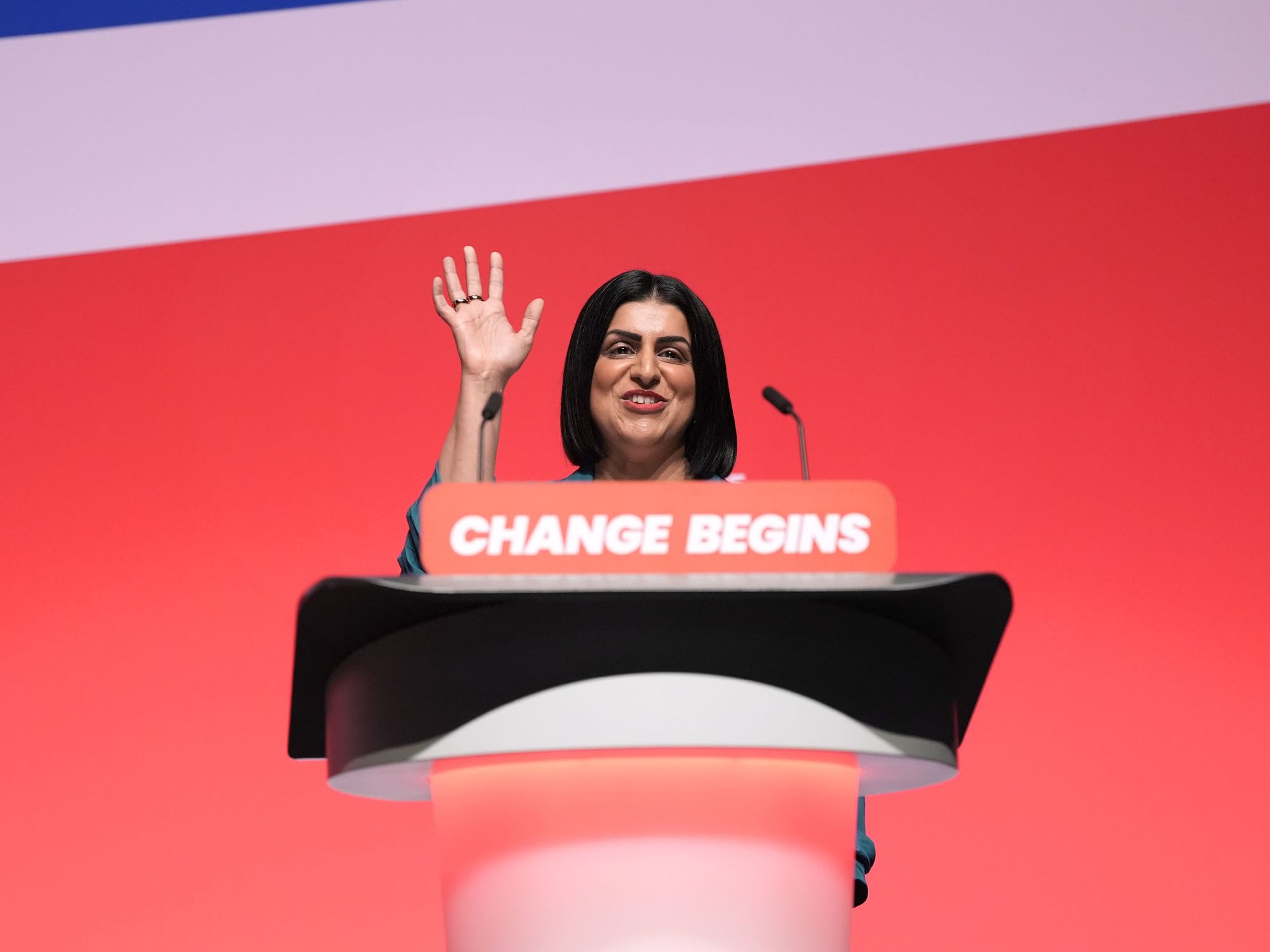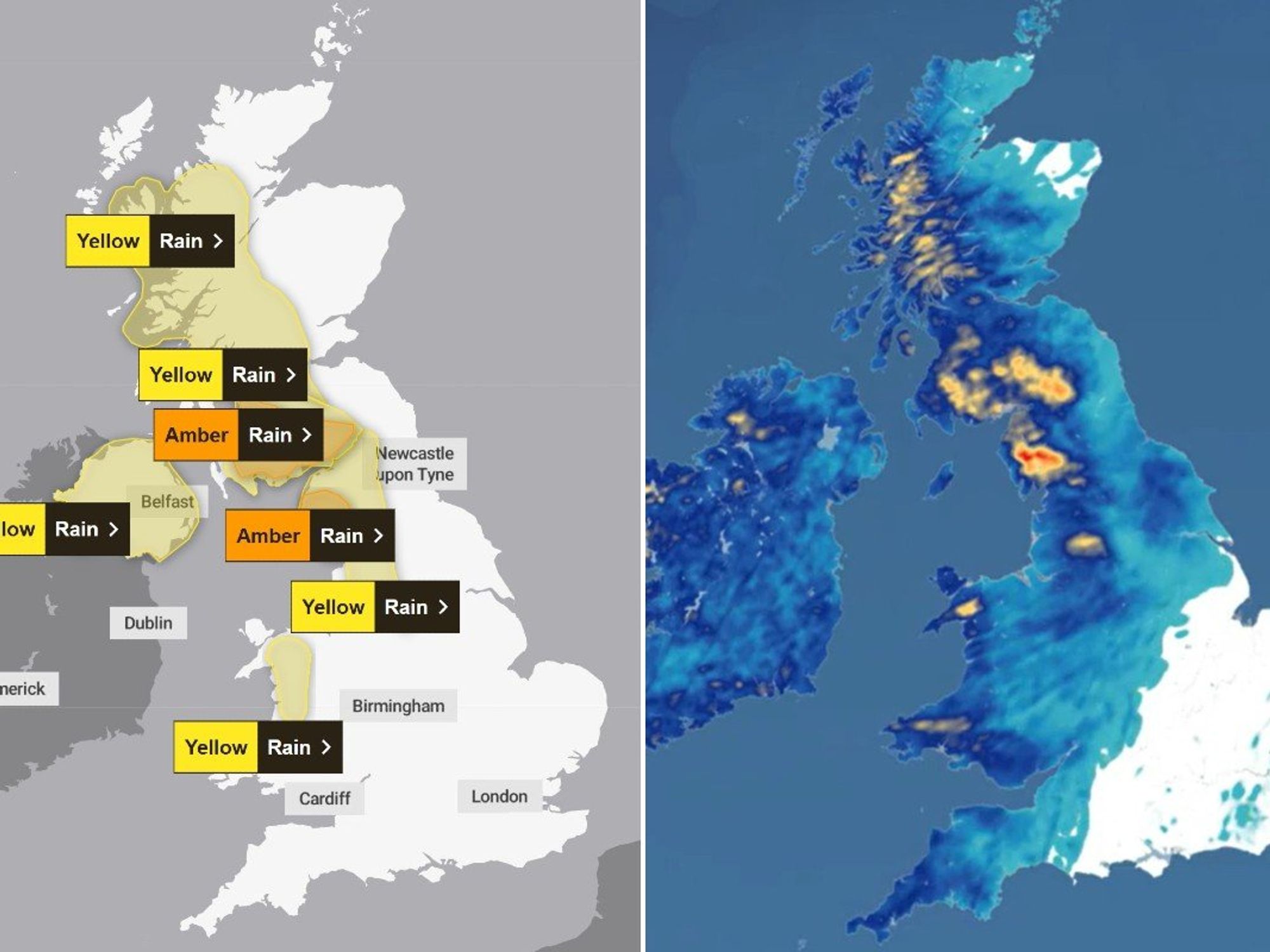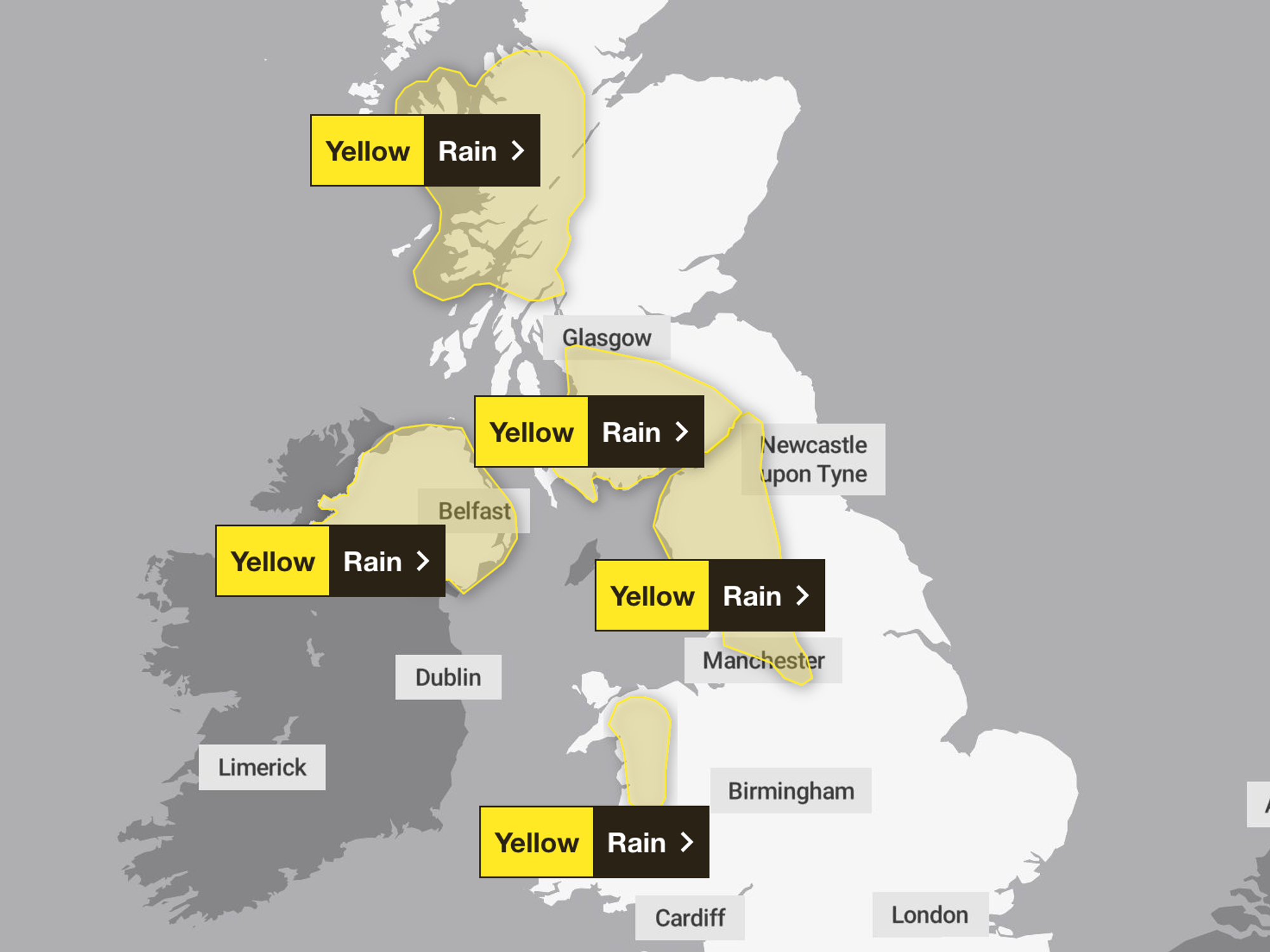The UK's energy infrastructure is being engulfed by the net zero utopia, says Jacob Rees-Mogg

Instead of the grid doing what it ought to do, providing greater supply when demand increases, instead it will push prices up to reduce demand
Don't Miss
Most Read
Latest
As we've discussed in recent weeks, the matter of grid decarbonisation is becoming of increasing political importance as the two main political parties take different positions on the matter.
Under the Labour Party's plans, it proposes entirely to decarbonise the grid by 2030, in just six years time.
In practice, this means drastically reducing our reliance on gas power and other sources of non-renewable energy.
But how this is achievable is unclear, because the grid currently operates with gas power stations used as a backup when the wind isn't blowing and when the sun isn't shining.
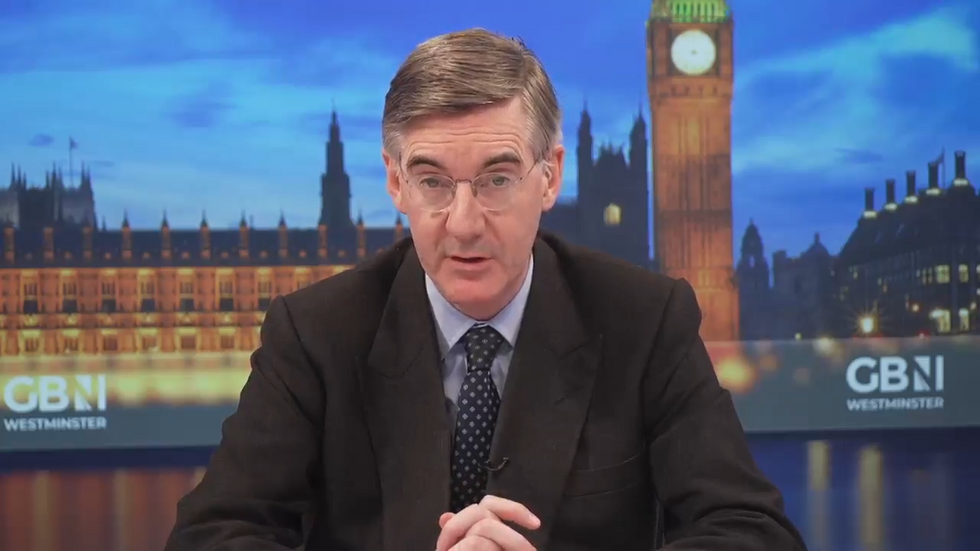
Jacob Rees-Mogg says the UK’s energy infrastructure is being engulfed by the net zero utopia
|GB News
If the grid were to be decarbonised by 2030, what will we do in these frequent instances when the sun and wind cannot be relied upon?
The Conservative plan isn't much better as it proposes decarbonisation by 2035, although this gives a little more time for the development of carbon capture and energy storage technology.
The questions for the Labour plan apply very much to the Conservative plan too, so I believe we should abandon the policy and indefinitely postpone net zero.
But Policy Exchange's new report has cast even more doubt on the overall structure. The report has estimated that the Conservative plan for 2035 would cost about £105billion, which is clearly unaffordable, while the cost of living is high, as well as the tax burden and almost record levels.
But more importantly, the Labour plan is estimated to cost an additional £116billion of your money over the next 11 years, about 15 billion a year more.
And what is even more damning than this is that the report has said that even if Labour could acquire the additional funds, which would be from you, by taxing you even more, the project is unfeasible owing to supply chain constraints, lead times and skills shortages.
So when the shadow climate change secretary and famous bacon sandwich eater Ed Miliband doubled down on the plan earlier this month, he was ignoring reality.
This news has coincided with the fact that Ofgem has announced plans to remove the current electricity price cap system and replace it with a variable cap. In other words, everything you've been told about smart meters is not true. Even when they work, which apparently 4 million of them do not.
While you were led to believe that they were there to help you manage your money, in reality they are being introduced to implement a surge pricing system to cost you more.
So instead of the grid doing what it ought to do, providing greater supply when demand increases, instead it will push prices up to reduce demand. And why will it do this? Because when the grid is decarbonised, we will not be able to meet peak demand because we'll be relying on solar and wind, which are unreliable.
UK's energy infrastructure is being engulfed by the net zero utopia, but the role of the government is to make people's lives easier and more affordable. And only when we break free from this fantasy world will we be able to provide cheap energy as the United States, India and China do.


